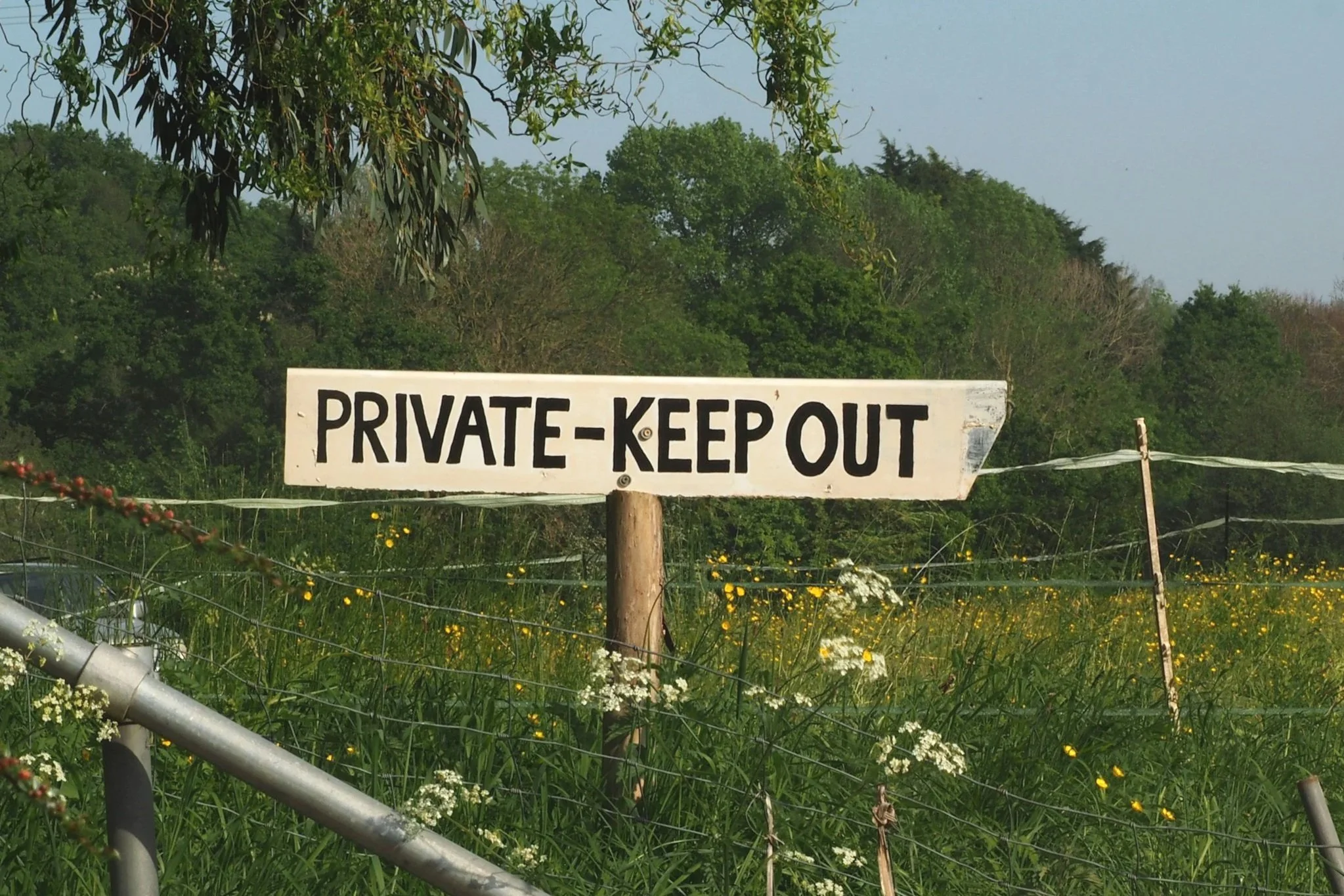
Educational Blogs from Our Mental Health Therapists
Learn about common challenges, including depression, anxiety, relationships,
trauma, and more, written by Maryland therapists!
Topic
- Anxiety
- Art in Therapy
- Biases
- Boundary Setting
- Brainspotting
- Burnout
- Business Owners
- COVID-19
- Careers
- Children & Teens
- Cognitive Behavioral Therapy (CBT)
- College Students
- Communication Skills
- DIY Crafts
- Depression
- Dialectical Behavior Therapy (DBT)
- Emotional Regulation
- Faith-Based
- First Responders
- Grief and Loss
- Highly-Sensitive Person
- International Clients
- Internships
- Ketamine-Assisted Psychotherapy
- LGBTQIA
- Men's Issues
- Mindfulness
- Motivation
- Neurodivergence
- Online Counseling
- Oppression
- Parenting
- Recovery
- Relationships
- Resources
- Sex Therapy
- Trauma and PTSD
- Women's Issues
- Workshop
Finding the Right Therapist in Maryland: Mental Health Lessons from “Good Will Hunting”
Therapy is not an easy process. As much as we want to quickly find help or check the therapy box from our list, mental health is not something that is simply cured overnight. The 1997 film Good Will Hunting looks at this struggle to rush therapy and the importance of trusting the process.
Practicing Acceptance During the Holidays: Therapeutic Support for Maryland Adults
The holidays can be full of contradictions: Time off leaves us exhausted, fun and social gatherings feel lonely or isolating, and small talk turns into big debates with politics, religion, or world affairs. If we acknowledge that contradictions do and will abound whether we want them to or not - like heaping portions or inflatable lawn decorations - we can start to practice acceptance to shrink the discomfort of contradictory environments.
Being Present During the Holidays: Mindfulness Tips from a Baltimore Counseling Practice
Have you ever walked away from the holidays feeling empty? Have you forgotten about your holiday memories immediately after returning to work? Or have you looked around the table and been frustrated at how separated everyone seemed? If you answered yes to any of the questions above, you might be struggling to be present during the holidays.
Your Guide to Holiday Stress Relief: Practical Coping Strategies for a Calmer Season
The holiday season is such a joyous time of the year, but it can also bring a lot of stress, and you aren’t alone in this. The American Psychological Association reported that about 9 out of 10 Americans feel stressed during the holidays because of finances, missing loved ones, and family conflict. When we are stressed out, it is important that we have healthy coping strategies ready in our back pocket. Here are seven way to make this season less stressful and more joyous.
Holiday Blues & Hope: A Maryland Counseling Intern’s Take on “A Charlie Brown Christmas” and Reflection Questions
While the holiday season may bring feelings of joy and community for some people, many people can experience extreme loneliness and internal conflict during the holidays. The 1965 TV special A Charlie Brown Christmas takes a look at these annual struggles that so many face through the lens of Charlie Brown himself. Throughout the show, we see how mental health can impact the holidays and make the season difficult, but also ways that small changes can make the holidays more bearable when mental health does get in the way.
Doing More than Surviving “Happy” Holidays in Maryland
The holidays can be a time of renewed connection with family and friends, traditions celebrated, good food shared, and a new year begun. However, the holidays can also leave us more than a little drained and sometimes frazzled. When the string lights turn on, those of us that are close to loss of a loved one, divorce, or career upset might feel daunted or even overwhelmed. “Have a happy holiday!” starts to feel like a demand rather than well-wishing.
Coping with Holiday Loneliness and Grief: Reflection Questions Inspired by The Holdovers — Baltimore Counseling Insights
The holidays can be an exciting and festive time for many to reconnect with their loved ones and enjoy a special time of year. However, for some, the holidays are a reminder of all of the loss they have experienced. Whether that be the death of a loved one, feeling left behind, or simply alone, the holidays can make our loss feel amplified. The 2023 film The Holdovers tackles this idea of loss during the holiday season by looking at a boarding school in the 1970s during their winter break.
Finding Your Way: Navigating the First Holiday Season After Divorce
After a divorce, separation, or break-up, the holiday season can be emotionally challenging. Looking ahead might fill us with anxiety, but preparing in advance can mitigate feelings of loneliness or sadness and allow us to recenter ourselves amidst the un-grounded-ness associated with shifting shared traditions. What follows are some strategies to help navigate the holidays with grace and health.
What the Movie Beautiful Boy Teaches Us About Depression, Substance Use, and Healing – with Reflection Questions from a Baltimore Counseling Intern Inside
Oftentimes in life, we can struggle with ways to cope with stress, boredom, and the relationships around us. The 2018 film Beautiful Boy takes a look at the ways one person, Nic Sheff, used substances to cope with his boredom, as well as the effects his use had on his father, David. Inspired by a true story, the movie takes the chance to change the narrative around substance use and humanize those who face challenges from a substance use disorder. By looking at both the father and son, the ways this story is told helps re-conceptualize substance use and the cascading effects of it.
How Lilo & Stitch Helps Us Understand Grief, Change, and Belonging — A Baltimore Counseling Intern’s Take
One of my favorite films of all-time is the 2002 animated classic Lilo & Stitch. I loved this movie as a kid and the more I rewatch it, the more I realize just how much the stories of both Lilo and Stitch are meaningful to my life and the lives of so many others. Throughout the course of the film, you get to follow their journey adjusting to their new lives, battling grief, and finding their place in the world. In this blog, I’ll be sharing some reflections from the movie and how the characters humanize mental health struggles, especially for kids.
Intergenerational Trauma and Depression: A Counseling Intern’s Reflection of the Movie “A Real Pain” with Discussion Questions
Life keeps moving despite the pain we feel everyday. We try to find ways to ignore it and numb it, but pain fills our minds and won’t let go. The 2024 film A Real Pain recognizes this struggle and hones in on the ways different people experience pain. Throughout the film, you get glimpses of their mental health through discussions about depression, pain, and intergenerational trauma. I was struck by how real and vulnerable this film got, and how humanizing the mental health of these characters and their journeys felt.
Coping with Grief on Holidays and Anniversaries: Baltimore Counseling Support
Navigating significant dates or milestones after a loss can bring up emotional and physical responses we might not have experienced before. After a loss, dates that used to bring joy and celebration now stir up feelings of sadness and dread. In the following blog, I’ll share some creative strategies that can help you remember your loved one and ease anxiety and grief the next time a day on the calendar starts to sneak up on you.
Navigating Change and Loneliness: A Baltimore Counseling Intern’s Reflections on The Banshees of Inisherin
Life always seems to pull us straight out of our comfort zone, plucking away the people and routines we feel are comfortable with. Whenever these transitions happen, the adjustment to a “new” life can be jarring. The 2022 film The Banshees of Inisherin takes a stark look at how three different men navigate difficult transitions in their lives.
Movies and Mental Health: Learning About Ourselves Through Watching Stories
Struggling with your mental health can feel isolating. It can be hard to find any form of connection in a world that values perfection and idealism. However, thousands of people deal with mental health struggles every day and tell their stories to connect with those in a similar place. One medium that has provided a number of mental health stories is film. This blog will introduce a series of upcoming blogs that will be looking at different films that portray mental health, covering various concerns and analyzing the quality of their depiction.
What to Do If You See Your Therapist Outside of Session
Hopefully, you like your therapist. They know so much about you -- your likes and dislikes, family drama, friend gossip, problems in the sack, money woes, and more. They might be the only person who knows all of your problems. What happens if you see them out in public? What do you do if you see their personal social media page? In Baltimore, this is bound to happen because it is Smalltimore. Have no fear! The answer is here.
Feeling Overwhelmed? 5 Signs It’s Time to See a Therapist (Especially for Busy Adults in Maryland)
If you’ve ever thought, “I’m just stressed. It’ll pass,” you’re not the only one! But sometimes, what we call “stress” is actually chronic overwhelm, and left unaddressed, it can take a serious toll on your mental and physical health. For many adults in Maryland, juggling work, family, and life’s curveballs, therapy offers a space to decompress, gain clarity, and reconnect with yourself.
Growing Around Grief: Connection Matters
Grief can often be described as a natural experience associated with the feelings and behaviors that exist after a death. This experience can extend to other hard, tough life events too, however. Events like the end of relationships, change of jobs, relocations, retirement, kids moving out of the home, end of an event, a health diagnosis, medical procedure, a natural disaster, a global pandemic, or an oppressive system can shake up someone’s life.
Why Are Therapy Intensives So Expensive?
If you’ve been looking into therapy intensives, you’ve probably noticed that they come with a higher price tag than traditional therapy. Understandably, that might leave you wondering—why do they cost so much? And more importantly, are they worth the investment?
Considering a Therapy Intensive? How to Decide Which Therapy Intensive Is Right for You
Therapy intensives are becoming increasingly popular, and for good reason. They offer a deep, focused approach to therapeutic growth that allows people to work through big emotions, life transitions, and unresolved trauma in a shorter period of time. But with so many different therapy intensives available, how do you know which one is the right fit for you?
Why Are Therapy Intensives Becoming So Popular?
If you’ve been searching for therapy options in Maryland, you may have noticed something new. More and more practices are offering therapy intensives. Whether it’s EMDR intensives, trauma-focused intensives, or Brainspotting intensives, these deep-dive therapy sessions are gaining traction fast. But why? What makes therapy intensives so popular, and more importantly, is a therapy intensive right for you?




















